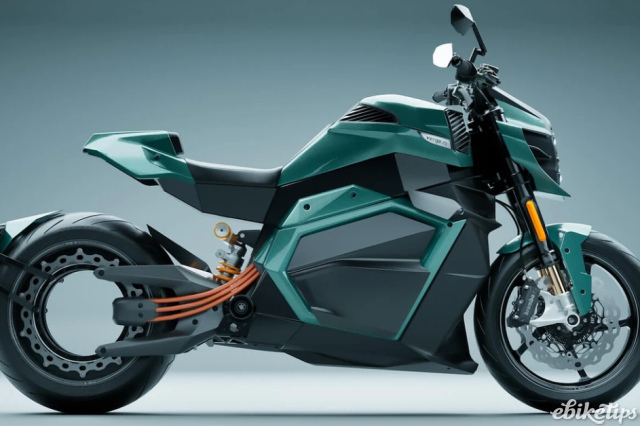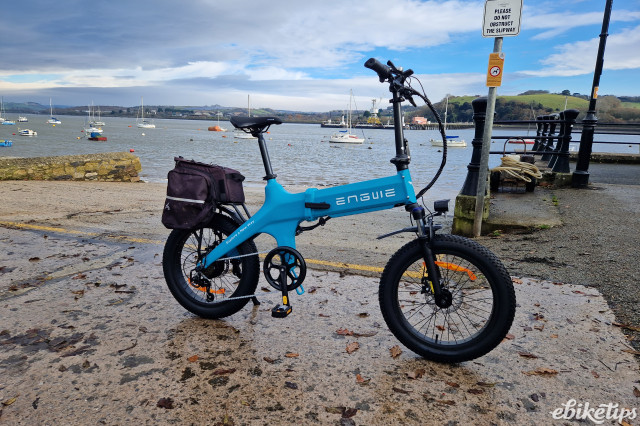A recent study published in Nature, looking at Atlanta’s unexpected ban on the use of e-scooters during evening hours, has found that the move resulted in an increase in car travel times of 9–11% for daily commuting and as much as 37% for large events.
On August 9, 2019, Atlanta banned the use of e-scooters and e-bikes between 9pm and 4am in response to the deaths of four riders who were killed in collisions with motor vehicles.
The exact reasoning underpinning that decision is perhaps a topic for another day, but the upshot was that for a great many journeys around the city, micromobility instantly ceased to be an option.
Share scheme operators Bird, Boaz, Bolt, Gotcha, Jump, Lime, Lyft, Spin, and Wheels all disabled their devices during night-time hours, ensuring near perfect compliance.
Electrek reports that the study authors used high-resolution data from Uber Movement to measure changes in evening travel times before and after the policy was introduced. The exact period they looked at was from June 25 to September 22 – 45 days either side of the change.
The study found that, “the dominant behavioural response by riders is to substitute micromobility with cars.”
Commuter travel-time impacts in the city centre were calculated to be 9.9%. Around transportation hubs and other areas with high levels of scooter use for last-mile transit, the impact was found to be 10.5%.
The study also looked at the more concentrated travel patterns centred on Major League Soccer games. Here the congestion effect resulting from the e-scooter ban amounted to a 36.5% increase in travel time.




